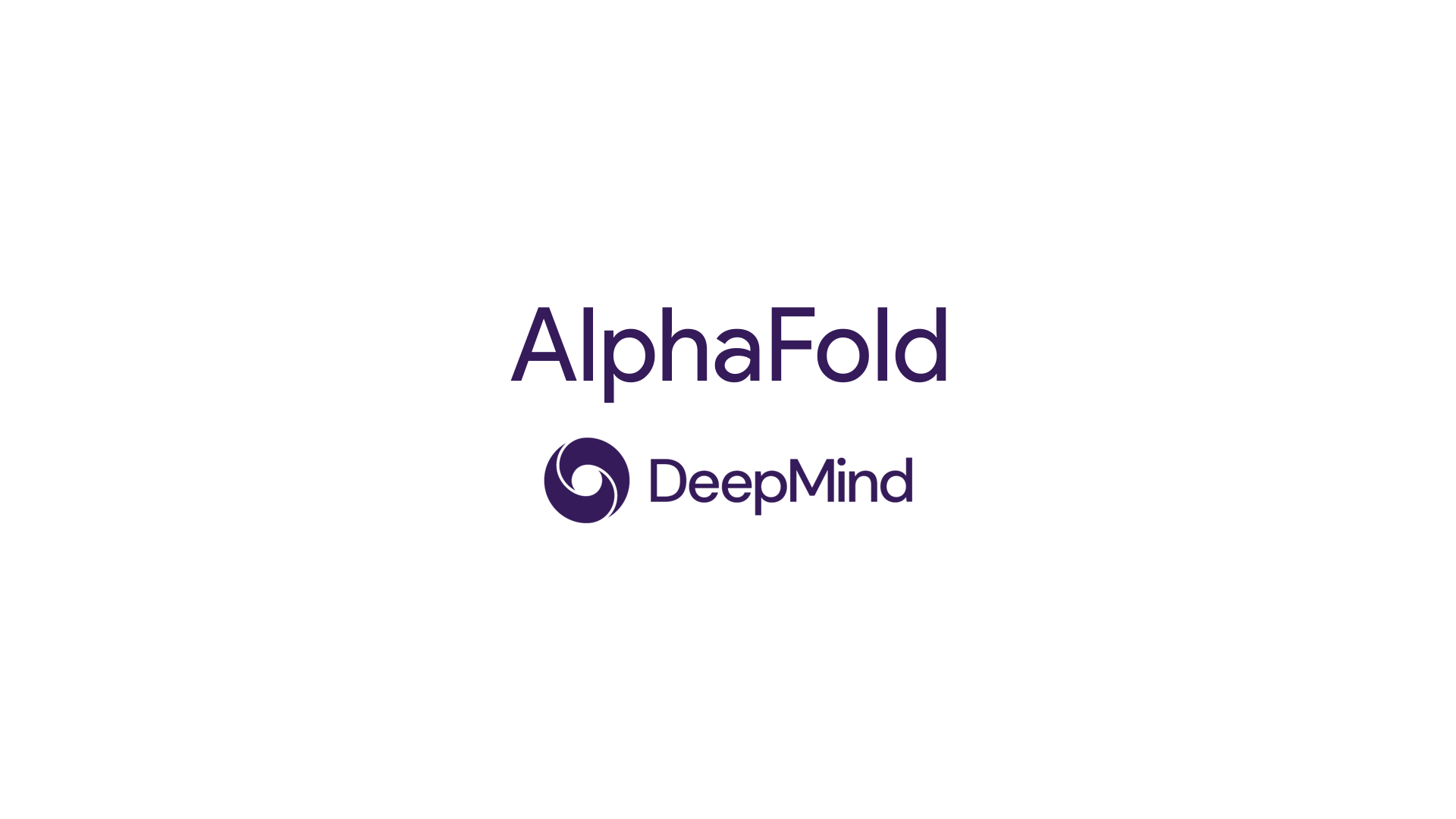
AlphaFold aims to address the fundamental problem of protein folding, which has been a challenge in biology for over 50 years. The shape of a protein determines its function, but predicting this 3D structure from its linear amino acid sequence was long thought to be an unsolved problem. Traditional methods, such as X-ray crystallography and cryo-electron microscopy, were time-consuming, expensive, and often ineffective for many proteins.
AlphaFold changed this by using deep learning techniques to predict accurate protein structures at a fraction of the cost and time. The system was trained on publicly available protein data and incorporates evolutionary and structural information to predict the most likely 3D structure. AlphaFold’s predictions are validated against experimental data, and it has achieved accuracy levels that rival laboratory techniques.
In 2020, AlphaFold’s performance was recognized in the Critical Assessment of Structure Prediction (CASP14) competition, where it significantly outperformed other competitors in predicting protein structures.
Key Features:
- Protein Folding Prediction: AlphaFold predicts the 3D structure of proteins from their amino acid sequences with near-experimental accuracy.
- Deep Learning Model: Trained using a variety of machine learning techniques, incorporating large datasets of protein structures.
- Cross-Disciplinary Impact: This technology has vast implications across biology, medicine, drug discovery, and biotechnology.
Technologies and Methods:
- Transformer Models: AlphaFold uses transformers, a neural network architecture also employed in natural language processing.
- Multi-sequence Alignment (MSA): Helps AlphaFold understand evolutionary information by comparing protein sequences.
- Distance Map Prediction: Predicts the distance between pairs of amino acids in a protein, crucial for determining its final 3D shape.
Impact and Applications:
- Accelerating Drug Discovery: By predicting protein structures faster and more accurately than ever before, AlphaFold accelerates the process of discovering new drugs and therapies. It enables pharmaceutical companies to target previously intractable diseases.
- Understanding Disease Mechanisms: Many diseases, including Alzheimer’s and Parkinson’s, are related to protein misfolding. AlphaFold helps scientists understand the molecular basis of these diseases, opening new avenues for research and treatment.
- Revolutionizing Biology: With AlphaFold, biologists can now study protein structures that were previously impossible to analyze, leading to advancements in biotechnology, agriculture, and environmental science.
- Open-Source Database: In July 2021, DeepMind released the AlphaFold Protein Structure Database, containing predictions for over 200 million proteins from hundreds of organisms. This open access database has become an invaluable resource for researchers worldwide, democratizing access to protein structure data.
Key Use Cases:
- Disease Research: AlphaFold is used to predict the structures of proteins involved in diseases, helping researchers identify potential targets for drugs.
- Pharmaceuticals: By reducing the time required to model proteins, AlphaFold accelerates the process of designing new therapeutics, particularly for diseases related to protein misfolding.
- Synthetic Biology: AlphaFold enables scientists to design new proteins with specific functions, opening new opportunities in biotechnology and industrial applications.
- Agriculture: AlphaFold is being explored for designing enzymes and proteins that can improve crop yields and resilience to environmental stress.
Expected Outcomes:
- Enhanced Drug Development: Significant reductions in drug development timelines and costs, with new treatments emerging for diseases that were previously difficult to target.
- Breakthroughs in Molecular Biology: Deeper understanding of how proteins work, leading to new discoveries in biology, medicine, and agriculture.
- New Frontiers in Research: Unprecedented access to accurate protein structures, enabling advancements in fields ranging from environmental science to synthetic biology.
Challenges and Future Directions:
- Accuracy in All Proteins: While AlphaFold performs exceptionally well for many proteins, there are still challenges with more complex or disordered proteins. DeepMind is continuing to refine the model to handle these cases.
- Interpretation of Protein Dynamics: AlphaFold predicts static protein structures, but many proteins undergo conformational changes. Understanding these dynamics remains an ongoing challenge for researchers.
- Further Integration in Drug Discovery: While AlphaFold accelerates the early stages of drug discovery, integrating it into the full pipeline—from discovery to clinical trials—is still in development.
Key Milestones:
- 2020: AlphaFold wins CASP14 with unprecedented accuracy, marking a major breakthrough in protein structure prediction.
- 2021: DeepMind releases the AlphaFold Protein Structure Database, providing open access to protein structures from across the tree of life.
- 2022-2024: Expansion of the AlphaFold model to predict the structures of millions more proteins, aiding researchers across disciplines.
